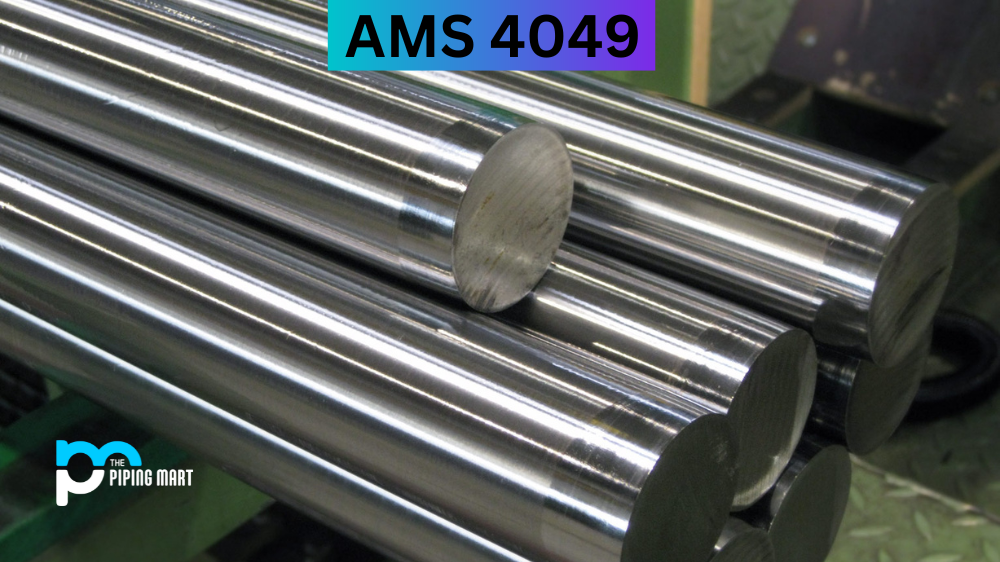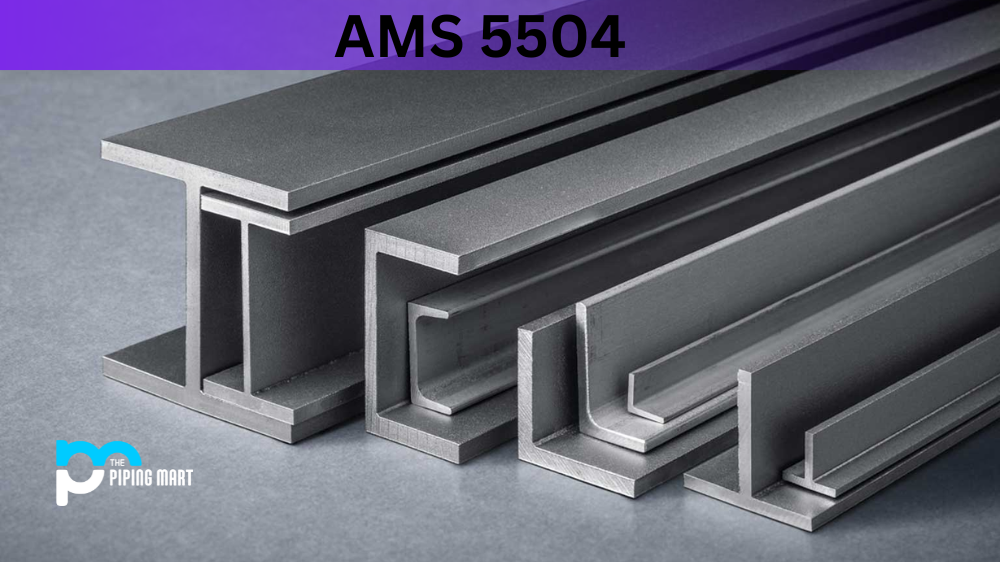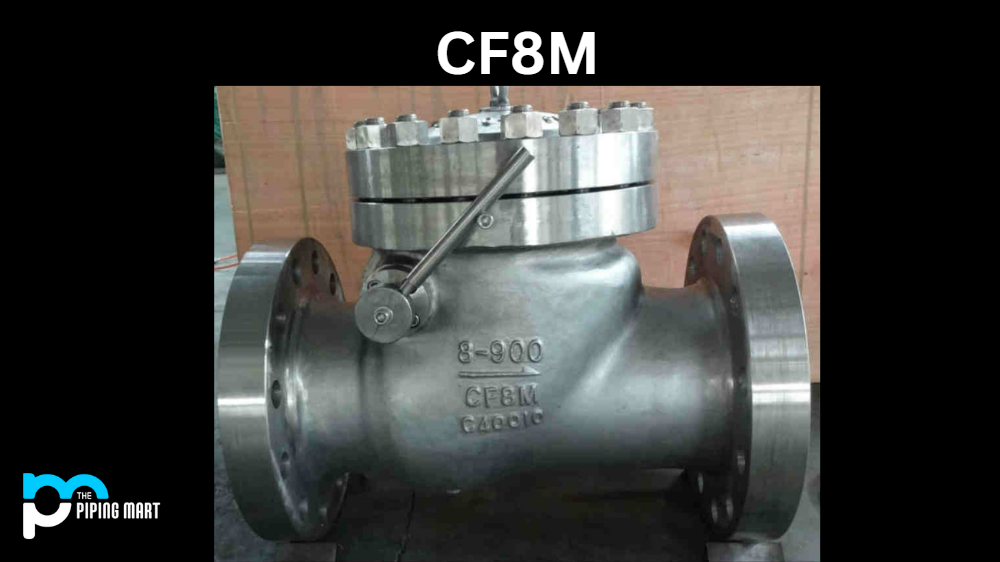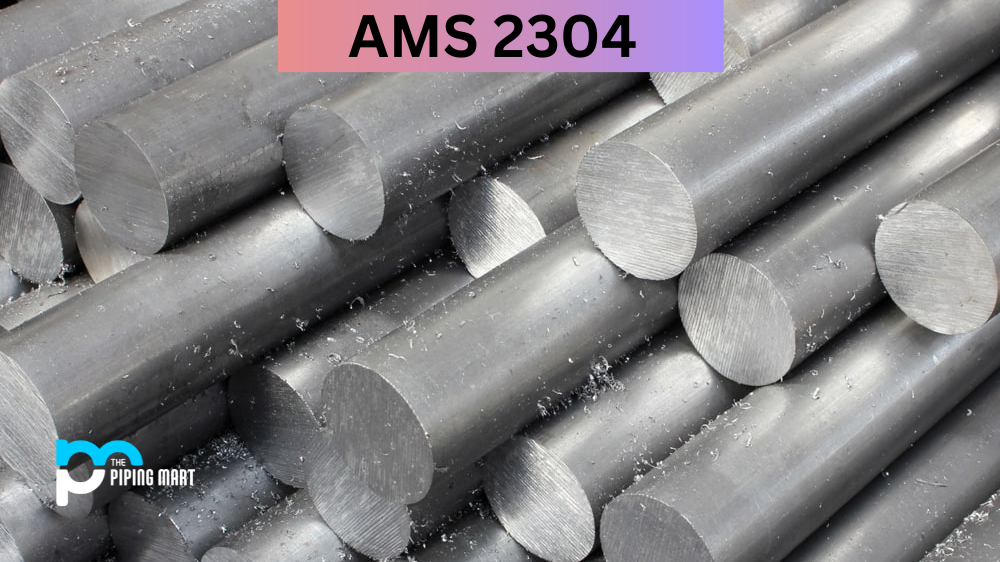AMS 4049 is a high-grade aluminium alloy known for its excellent strength, durability, and resistance to corrosion. It is used widely in the aviation, aerospace, and defence industries because of its unique physical and mechanical properties. In this blog post, we will dive deeper into the composition, physical and mechanical properties, and various applications of AMS4049. Whether you are a seasoned engineer or interested in learning about aluminium alloys, this post will provide valuable insights into this versatile material.
What is AMS 4049?
If you’re in the aerospace industry or have flown on an aeroplane, you may have heard of AMS4049 (also known as Aluminium Alloy 7075). But what exactly is it? AMS 4049 is a specification for aluminium alloy 7075, which is commonly used in the production of aircraft parts due to its high strength and corrosion resistance. This specification outlines the chemical composition, mechanical properties, and other requirements the alloy must meet to be approved for use in aviation applications. So, the next time you’re cruising through the clouds, take comfort in knowing that AMS 4049 is helping to keep you safe and secure.
What Form Is AMS 4049 Available at Piping Mart?
- Pipes
- Tubing
AMS 4049 Composition
AMS 4049 comprises approximately 90% aluminium and small amounts of copper, magnesium, manganese, chromium, and zinc. This composition provides AMS 4049 with exceptional corrosion resistance, good weldability, and a high strength-to-weight ratio.
| Component Elements Properties | Metric | English | Comments |
|---|---|---|---|
| Aluminum, Al | 87.1 – 91.4 % | 87.1 – 91.4 % | As remainder |
| Chromium, Cr | 0.18 – 0.28 % | 0.18 – 0.28 % | |
| Copper, Cu | 1.2 – 2.0 % | 1.2 – 2.0 % | |
| Iron, Fe | <= 0.50 % | <= 0.50 % | |
| Magnesium, Mg | 2.1 – 2.9 % | 2.1 – 2.9 % | |
| Manganese, Mn | <= 0.30 % | <= 0.30 % | |
| Other, each | <= 0.05 % | <= 0.05 % | |
| Other, total | <= 0.15 % | <= 0.15 % | |
| Silicon, Si | <= 0.40 % | <= 0.40 % | |
| Titanium, Ti | <= 0.20 % | <= 0.20 % | |
| Zinc, Zn | 5.1 – 6.1 % | 5.1 – 6.1 % |
AMS 4049 Physical Properties
AMS 4049 has excellent physical properties, including a density of 2.8 g/cm3, thermal conductivity of 136 W/mK, and a melting temperature of 580°C. The alloy also has a low coefficient of thermal expansion and is highly resistant to high temperatures and extreme weather conditions.
| Physical Properties | Metric | English | Comments |
|---|---|---|---|
| Density | 2.81 g/cc | 0.102 lb/in³ | AA; Typical |
AMS 4049 Mechanical Properties
AMS 4049 has a tensile strength of 490 MPa, yield strength of 400 MPa, and an elongation of 10%. It is also highly durable, has excellent fatigue resistance, and can withstand high-stress environments. Additionally, the alloy can be easily fabricated and formed without losing strength and durability.
AMS 4049 Thermal Properties
| Thermal Properties | Metric | English | Comments |
|---|---|---|---|
| CTE, linear | 21.6 µm/m-°C @Temperature -50.0 – 20.0 °C |
12.0 µin/in-°F @Temperature -58.0 – 68.0 °F |
|
| 23.4 µm/m-°C @Temperature 20.0 – 100 °C |
13.0 µin/in-°F @Temperature 68.0 – 212 °F |
||
| 23.6 µm/m-°C @Temperature 20.0 – 100 °C |
13.1 µin/in-°F @Temperature 68.0 – 212 °F |
AA; Typical; average over range | |
| 24.3 µm/m-°C @Temperature 20.0 – 200 °C |
13.5 µin/in-°F @Temperature 68.0 – 392 °F |
||
| 25.2 µm/m-°C @Temperature 20.0 – 300 °C |
14.0 µin/in-°F @Temperature 68.0 – 572 °F |
||
| Specific Heat Capacity | 0.960 J/g-°C | 0.229 BTU/lb-°F | |
| Thermal Conductivity | 130 W/m-K | 900 BTU-in/hr-ft²-°F | AA; Typical at 77°F |
| Melting Point | 477 – 635.0 °C | 890 – 1175 °F | AA; Typical range based on typical composition for wrought products >= 1/4 in. thickness. Homogenization may raise the eutectic melting temperature by 20-40°F but usually does not eliminate it. |
| Solidus | 477 °C | 890 °F | AA; Typical |
| Liquidus | 635.0 °C | 1175 °F | AA; Typical |
AMS 4049 Uses
AMS 4049 is used widely in the aviation, aerospace, and defence industries. Its unique properties make it ideal for manufacturing aircraft structures like wings, fuselage, and structural frames. It is also used to construct products exposed to harsh environments, such as offshore oil rigs and satellites.
AMS 4049 Hardness
AMS 4049 has a hardness of around 150 HB, which is relatively low compared to other aluminium alloys. However, its strength and durability are still intact. The low hardness makes AMS 4049 easy to machine and form, making it an ideal alloy for manufacturing complex parts.
AMS 4049 Heat Treatment
AMS 4049 is typically heat-treated to improve its strength and durability. The T6 heat treatment process involves heating the alloy between 500 and 535°C for several hours, followed by quenching in water. This process increases the alloy’s tensile strength and yield strength, making it suitable for manufacturing high-stress components.
Conclusion:
In summary, AMS 4049 material is a high-grade aluminium alloy used widely in the aviation, aerospace, and defence industries. Its unique physical and mechanical properties make it ideal for manufacturing complex structures and components that require strength, durability, and resistance to corrosion. Understanding the composition, physical and mechanical properties, and applications of AMS 4049 will provide valuable insights into this versatile material and its many uses.

A passionate metal industry expert and blogger. With over 5 years of experience in the field, Palak brings a wealth of knowledge and insight to her writing. Whether discussing the latest trends in the metal industry or sharing tips, she is dedicated to helping others succeed in the metal industry.




